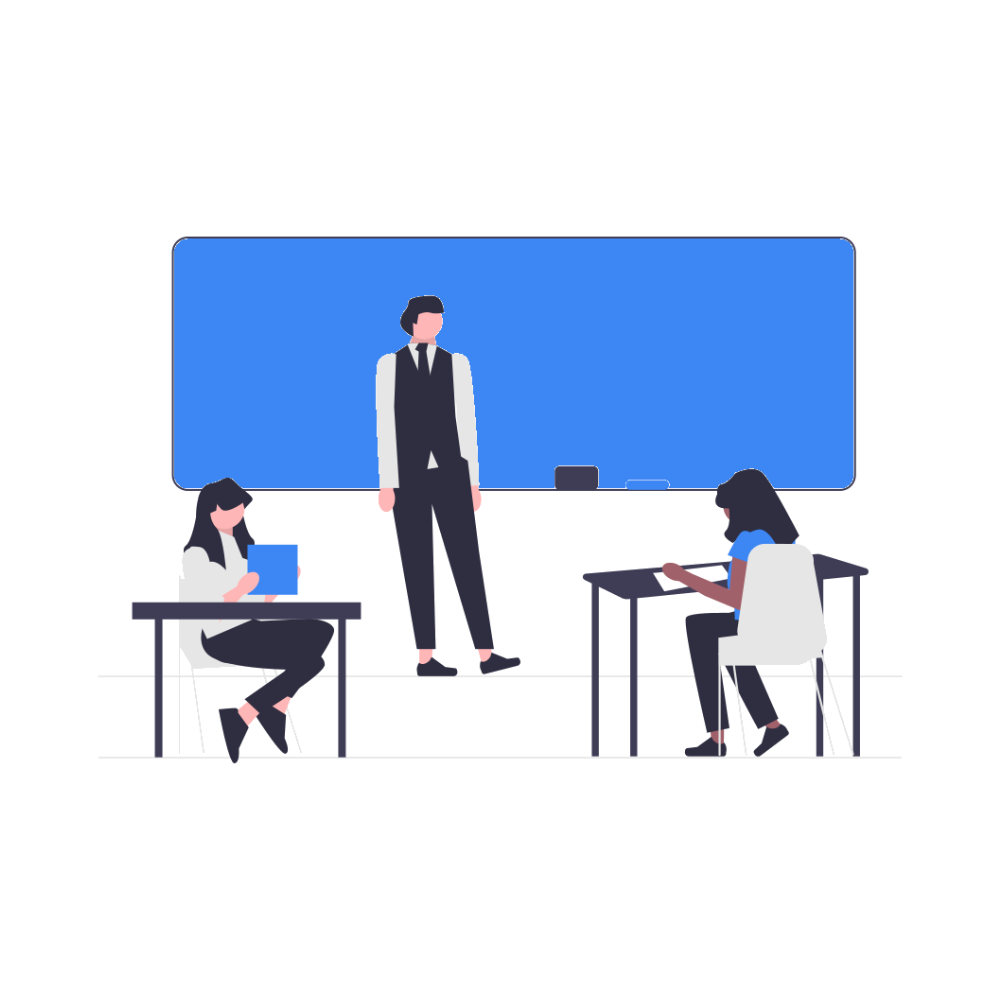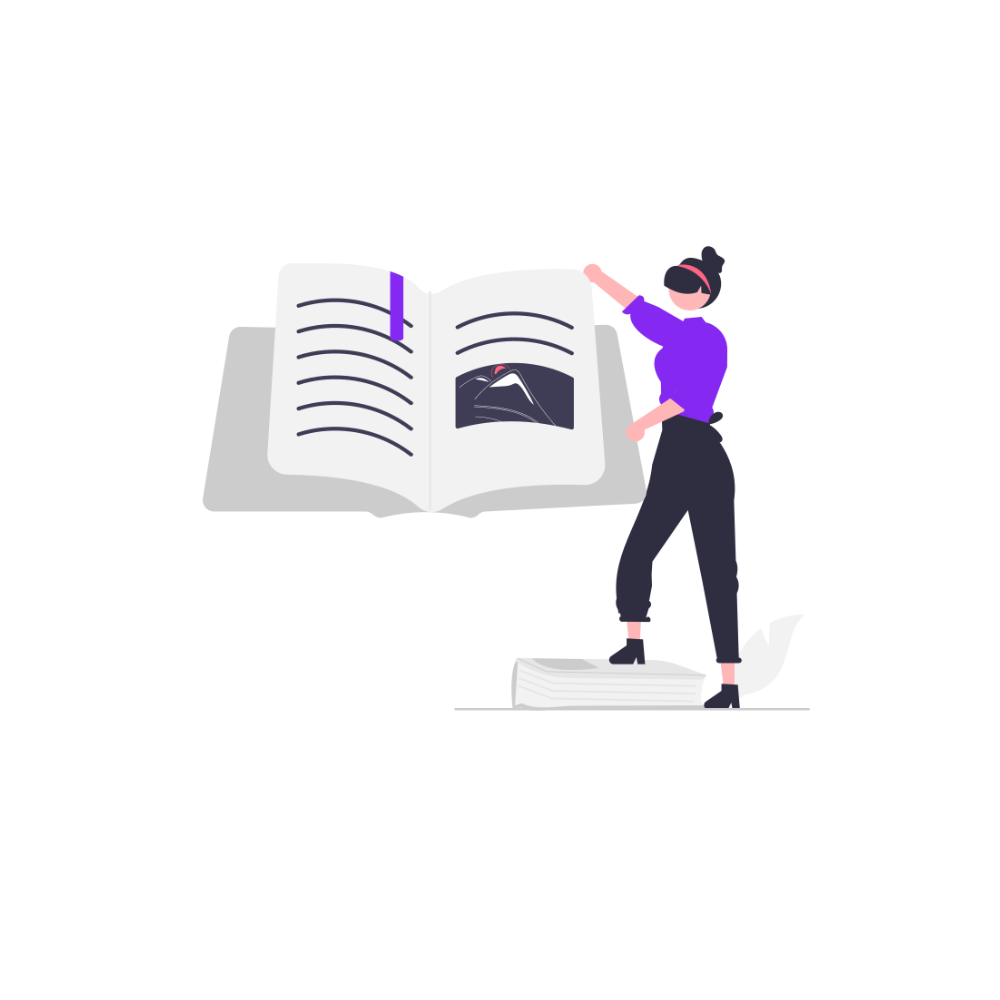250+ tips on learning and teaching
Study tips
30+ tips for studying and learning effectively.
Teaching tips
100+ tips to support better learning.
Learning activities
50+ activities to boost active learning.
Themes
Dive deeper into key themes.
Downloads
Ready-to-use downloads for your classroom.
Books
Books about learning and education.





